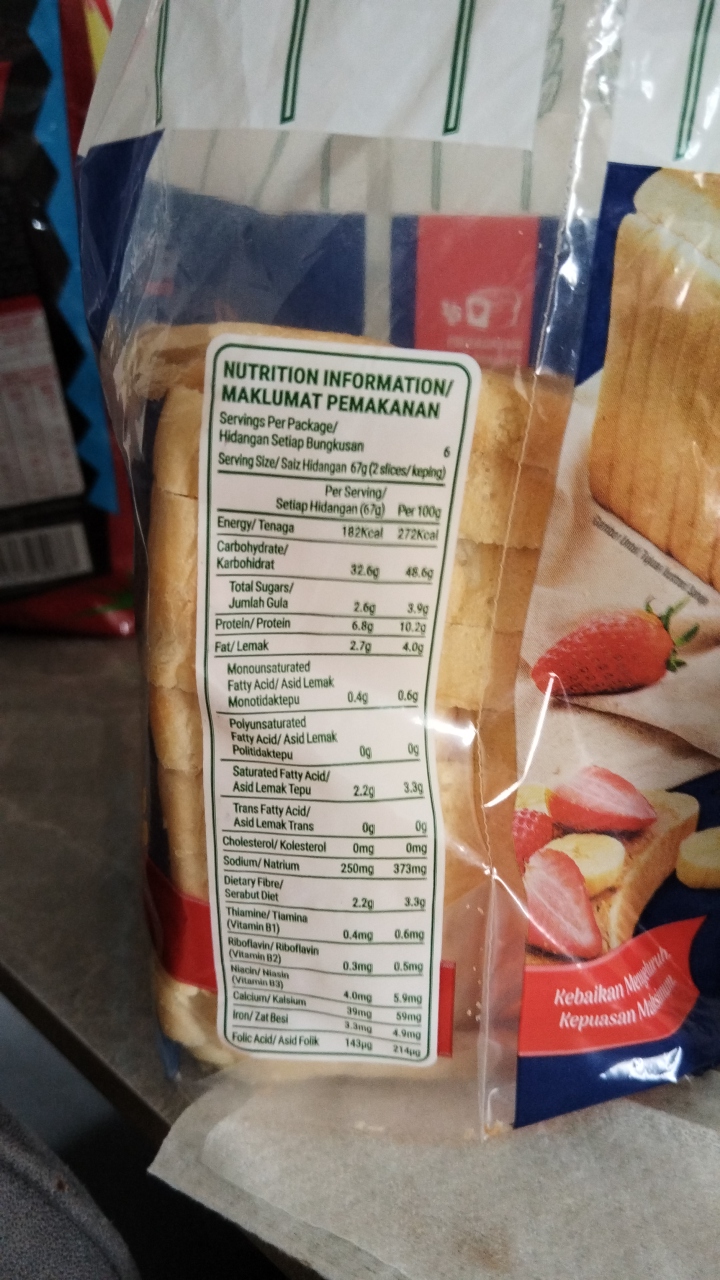
Barcode: 9556755510017
NUTRITION INFORMATION/
HALAL
📝 Reason: All listed ingredients are simple nutrients, vitamins, or minerals with no animal, insect, or ethanol-derived content and are not associated with Haram or Doubtful E-codes per the provided product_info rules. No meat-, alcohol-, or haram additive is present. All ingredients are Halal according to mainstream Halal certifiers (IFANCA, HFA) and Quranic instruction (Quran 5:3) emphasizing avoidance of pork, carrion, and intoxicants.
📄 Certificates: Vegetarisch
Ingredients:
Details
Understanding the Halal Status of NUTRITION INFORMATION
When it comes to dietary choices, especially for those adhering to Halal principles, understanding the Halal status of food products is essential. In this post, we will delve into the Halal status of NUTRITION INFORMATION, affirming its compatibility with Halal dietary laws.
Halal Certification and Ingredients Overview
NUTRITION INFORMATION has been assessed and deemed Halal. The ingredients listed, including carbohydrates, total sugars, proteins, fats, and various vitamins and minerals, do not include any animal-derived components or substances considered Haram (forbidden) under Islamic law. Additionally, main certifiers, such as IFANCA and HFA, support these findings in accordance with Quranic instructions.
Ingredient Analysis
Let’s break down the specific ingredients found in NUTRITION INFORMATION and their respective Halal status:
- Carbohydrate: Carbohydrates are typically plant-derived or synthetic. They are widely recognized as Halal unless contaminated by forbidden sources. Source
- Total Sugars: Sugars, such as glucose and fructose, are Halal barring any processing with non-Halal carriers, which is quite uncommon. Source
- Protein: This category primarily refers to plant-based or dairy proteins, both considered Halal. Without animal protein sources indicated, the status remains compliant. Source
- Fat: The term ‘fat’ generally indicates vegetable oils or synthetic fats, which are Halal unless otherwise stated. Source
- Monounsaturated and Polyunsaturated Fats: Both are derived from plants and fish; thus, these ingredients are Halal. Source
- Saturated Fatty Acids: Typically, these come from plant sources, and unless sourced from animals (which we have no evidence of), they remain Halal. Source
- Trans Fatty Acids: These are usually synthetically produced from vegetable oils, hence Halal-friendly. Source
- Cholesterol: Primarily from animal sources, cholesterol is still Halal unless noted as being derived from pork. Notably, eggs and dairy are Halal by default. Source
- Sodium: Being a mineral, sodium (salt) is always Halal. Source
- Dietary Fiber: This ingredient is universally plant-derived and recognized as Halal. Source
- Thiamine: Typically synthetic or plant-sourced, Thiamine is Halal. Source
- Riboflavin: This vitamin is generally produced through synthetical means or Halal fermentation. Source
- Niacin: Generally derived from plant or synthetic sources, this ingredient adheres to Halal standards. Source
- Calcium and Iron: Both minerals are always Halal, with no concerns regarding their sources. Source
- Folic Acid: Often synthetic or plant-derived, folic acid is recognized as Halal. Source
Conclusion
In conclusion, NUTRITION INFORMATION stands as a compliant choice for those observing Halal dietary practices. Its ingredients are free from any meat, alcohol, or Haram additives. Backed by mainstream Halal certifiers, this product is suitable for diverse consumers seeking Halal nutrition. By choosing NUTRITION INFORMATION, you can maintain your dietary principles without compromise.
